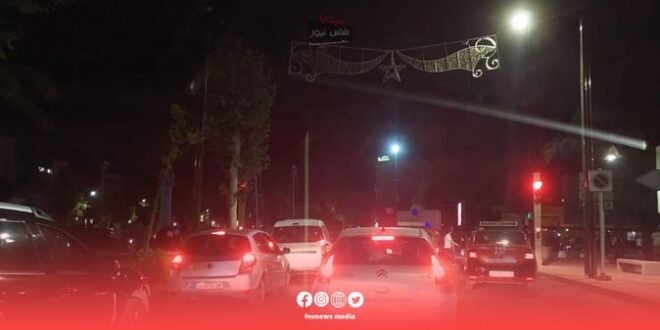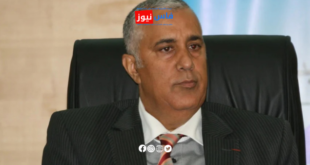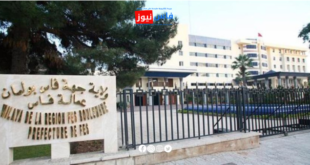The city of Fez, one of Morocco’s most historic urban centers, is facing a grim reality due to the severe deterioration of public services, creating an unhealthy and dangerous environment for residents in many neighborhoods. While some parts of the city are seeing developmental projects, numerous neighborhoods remain plagued by daily problems due to the evident neglect in providing essential services, putting the health and safety of residents at serious risk.
One of the most pressing issues is the near-total absence of waste collection services in certain neighborhoods, forcing residents to take drastic measures such as burning waste themselves to dispose of it. This practice has led to the spread of toxic fumes and foul odors, endangering the health of citizens, particularly children and the elderly, who are at risk of developing serious respiratory illnesses and other diseases.
The elected authorities in the city, responsible for managing local affairs and providing basic services, are facing harsh criticism from residents who feel that these authorities have failed in their duty to improve conditions in neglected neighborhoods. Residents express frustration over the lack of response to their repeated demands, arguing that ignoring these issues reflects a failure to take responsibility and a lack of political will to address the deteriorating situation.
In addition to the waste problem, these neighborhoods suffer from a severe lack of street lighting, increasing the risks of moving around during nighttime hours. The pervasive darkness not only makes the streets unsafe but also provides an ideal environment for the spread of crime and illegal activities, raising concerns among residents and heightening their sense of insecurity.
The deteriorating infrastructure is another aspect of this issue, with roads and alleys suffering from visible wear and tear, filled with potholes and cracks, making it difficult and dangerous to navigate these areas. Whenever it rains, these roads turn into muddy swamps, hindering movement and adding to the daily struggles of the residents.
In this context, fingers are pointed directly at the elected authorities, who are supposed to be responsible for improving services and meeting the needs of citizens. Residents express their dissatisfaction with the lack of fundamental and effective solutions to address these problems, demanding immediate and responsible action from the elected authorities to organize regular and systematic waste collection, improve infrastructure, and provide adequate street lighting.
Fez, once a symbol of order and urban beauty, now faces significant challenges that require urgent intervention from the elected authorities to get back on track. If these conditions persist, the city may experience a worsening of health and environmental crises, making it difficult to control the situation in the future. The responsibility now lies with the elected authorities, who must demonstrate their genuine commitment to serving the citizens and implementing the necessary improvements to ensure a dignified and safe life for the residents of Fez.
 فاس نيوز ميديا جريدة الكترونية جهوية تعنى بشؤون و أخبار جهة فاس مكناس – متجددة على مدار الساعة
فاس نيوز ميديا جريدة الكترونية جهوية تعنى بشؤون و أخبار جهة فاس مكناس – متجددة على مدار الساعة












